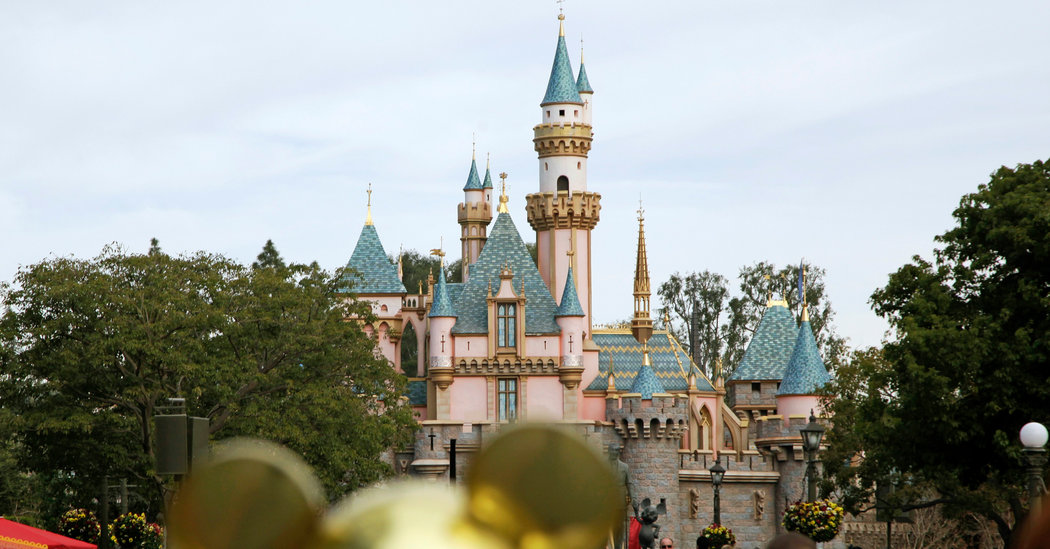
A person who was infectious with measles visited Disneyland last week, leading public health officials to warn that hundreds of other people at the theme park were possibly exposed to the highly contagious disease.
Measles, which was declared eliminated from the United States in 2000, has returned with a vengeance this year, with 1,250 individual cases confirmed in 31 states so far in 2019.
Though no other measles cases have yet been linked to last week’s visit, places that have a high volume of visitors, like Disneyland, strike a special fear among public health officials.
And with good reason: Disneyland was the site of a major measles outbreak in 2014-15 that led California to strengthen its law requiring vaccination and blocking parents from opting out based on personal beliefs.
The measles virus can live on surfaces for several hours and is so contagious that, according to the Centers for Disease Control and Prevention, “you can catch measles just by being in a room where a person with measles has been, up to two hours after that person is gone.”
Officials in Los Angeles County said a county resident who was infected with measles visited a Starbucks in Los Angeles in the morning on Oct. 16 before spending the day at the theme park in Anaheim. The authorities warned people who were at the coffee shop, at 3006 S. Sepulveda Blvd., between 7:50 a.m. and 10 a.m., or at Disneyland between 9:15 a.m. and 8:35 p.m., that they were at risk of developing measles for up to 21 days after exposure.
Officials advised those people to check their vaccination and medical records to ensure that they were protected and to contact a health care provider if they were not vaccinated or have a weakened immune system. Pregnant women or parents of infants who might have been exposed should also contact a doctor, they said.
“For those who are not protected, measles is a highly contagious and potentially severe disease that initially causes fever, cough, red, watery eyes and, finally, a rash,” Dr. Muntu Davis, a Los Angeles County health officer, said in a statement on Tuesday.
The 2014 outbreak that began in Disneyland was attributed in part to children who had not been vaccinated and grew to about 150 cases across at least seven more states, as well as Mexico and Canada, according to the C.D.C. It took four months before health officials declared an end to the outbreak.
In 2015, California moved to require schoolchildren to receive vaccinations unless there were medical reasons not to do so, closing a loophole that granted exemptions for personal or religious reasons. (The state’s vaccination rates remain high; nearly 95 percent of kindergartners in the last school year were vaccinated.)
But the 2015 California law spurred a tripling in medical exemptions in the state, and this year, lawmakers passed a bill to rein in what critics have called bogus medical exemptions authorized by unscrupulous doctors. Beginning on Jan. 1, parents seeking a medical exemption for their child will need approval by the state health department.
The spread of the disease across the nation this year could cause the United States to lose its World Health Organization designation as a country that has eliminated measles.
In Los Angeles County this year, there have been 19 measles cases among residents, as well as 11 cases among people who were traveling through the county, officials said.
Before measles vaccines became widely administered in 1963, about three million to four million Americans a year contracted the disease, and about 400 to 500 died from it.

